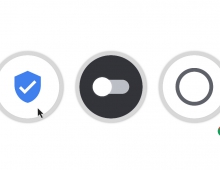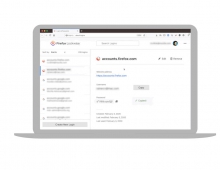
“Do Not Track” Doesn’t Guarantee Your Privacy
Using the “Do Not Track” option in Google Chrome does not mean that you are browsing the web privately, since it is a voluntary signal and it is not mandatory for websites to follow it.
It can be alarming to realize that Do Not Track is about as foolproof as putting a sign on your front lawn that says “Please, don’t look into my house” while all of your blinds remain open.
According to DuckDuckGo, most major tech companies, including Google, Facebook, and Twitter, do not respect the Do Not Track setting when you visit and use their sites.
A survey conducted by DuckDuckGo in November 2018 found that out of 503 U.S. adults, 23.1 (±3.7) have turned on DNT setting in their desktop browser voluntarily.
The survey also unveiled that 41.4% (±8.9) of those who have enabled the DNT setting are unaware of the fact that it is a voluntary signal and does not necessarily abide websites to stop from tracking you.
Just like Private Browsing (a.k.a. "Incognito") Mode, the "Do Not Track" setting is an easily-discoverable option in most browsers, but it fails to effectively educate users on what exactly it does (or doesn't do), and falls well short of the privacy benefit users expect from it.





















